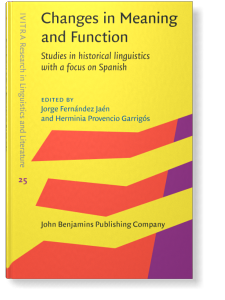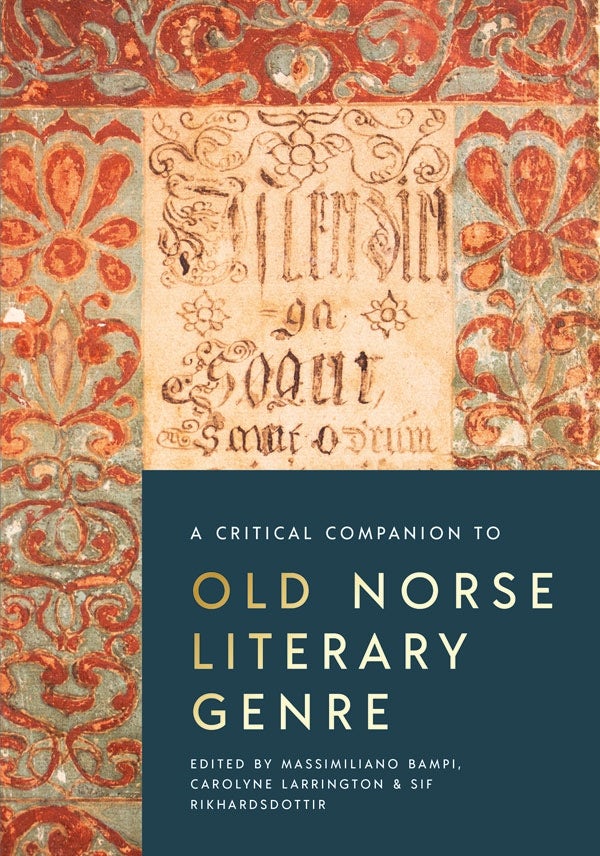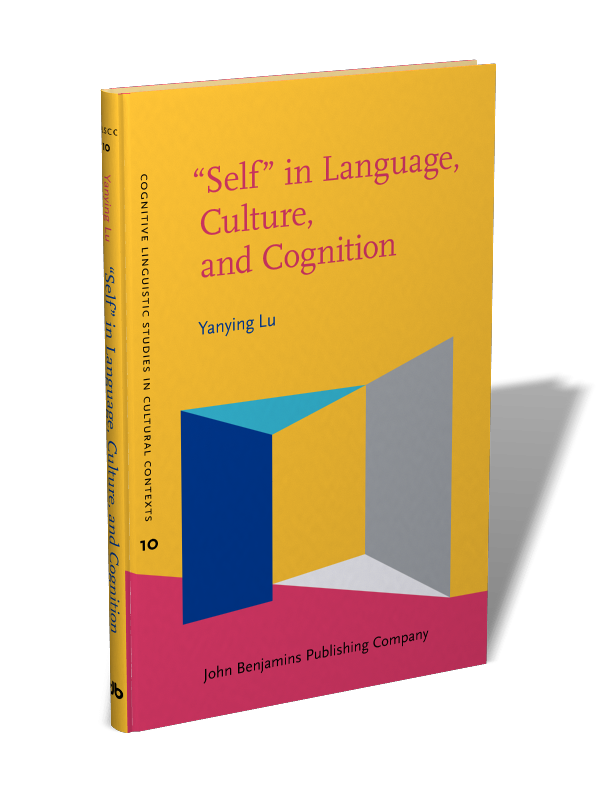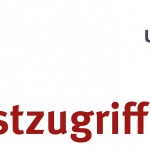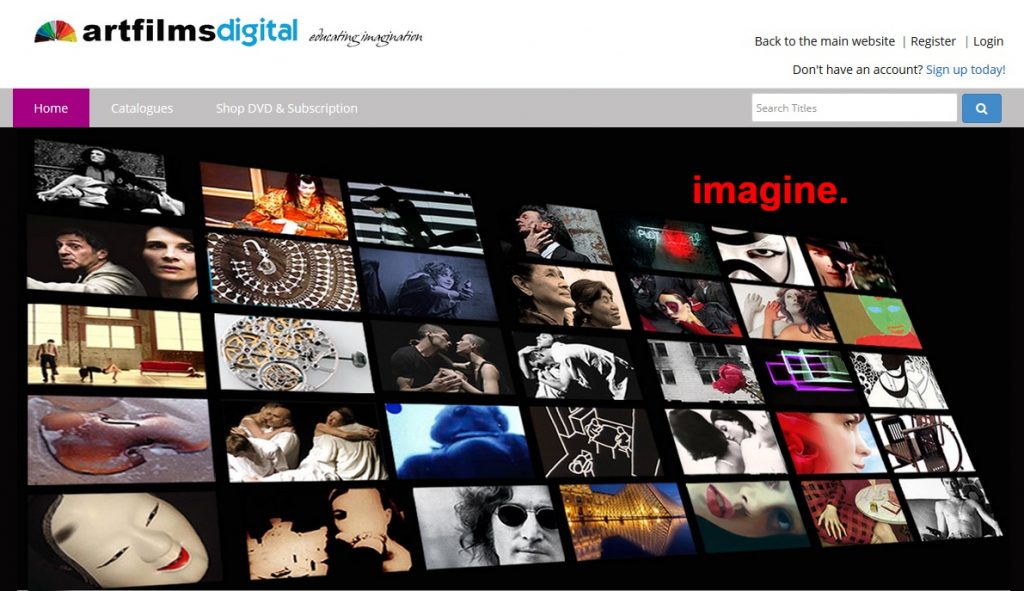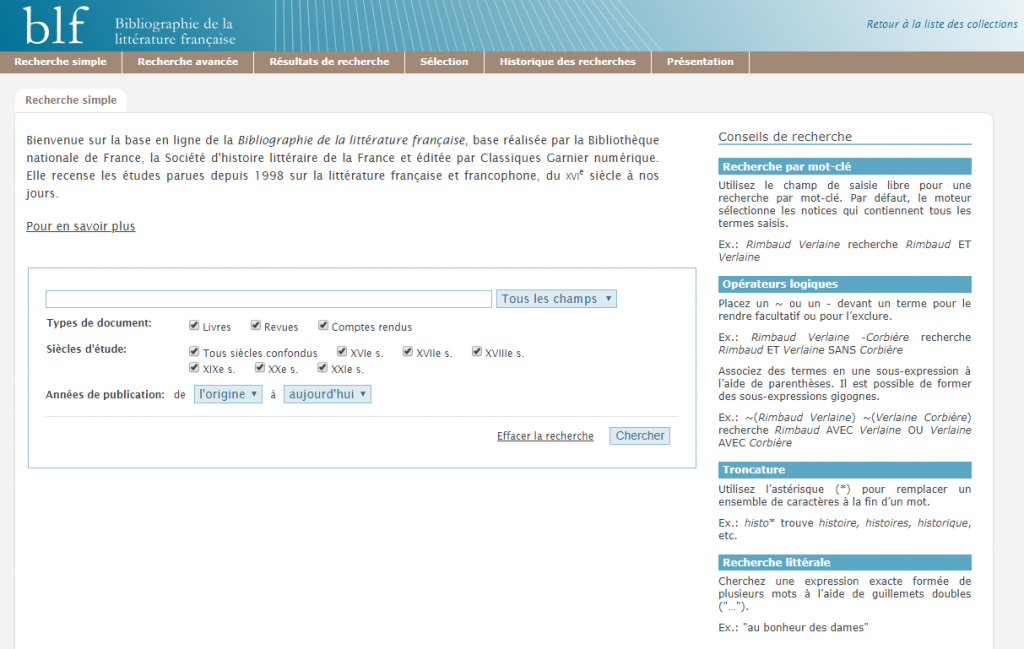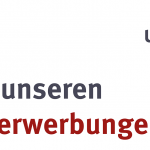
How to Do Cultural Studies: Ideas, Approaches, Scenarios
Over the past three decades, Cultural Studies within German Anglistik have become a success story: relevant research has been undertaken, syllabi (in universities and schools) have been redesigned, departments have been restructured and most students are enthusiastic. What is to be desired, are more publications which concretely describe, succinctly analyse and amply illustrate ideas, approaches and scenarios of how to do Cultural Studies, be it in the university classroom or, elsewhere, studying independently.
The present volume tries to provide a start. In eleven contributions it is being demonstrated how students and teachers in universities and schools as well as self-learners can make complex cultural nexuses their own. The great variety of topics and didactic approaches is intended: all readers should be able to choose from a wide range of ideas and approaches, so that they do not only study what they are offered in this volume but also feel encouraged to develop projects of their own.
zum Buch im ULB-Katalog
zum Buch auf der Verlags-Website
The Genres of Genre: Form, Formats, and Cultural Formations
The 38th volume of SPELL is dedicated to the discussion and analysis of the concept of genre. Terms such as “the political unconscious” (Jameson), “cultural work” (Tompkins), “narrative mode” (Williams) and “performative” (Austin, Turner) have been centrally determining, over the years, to help us understand how genres work and what they do. This collection seeks to further explore what roles genre plays in past and contemporary American national narratives and counter-narratives. While the first three essays of the volume attempt to tackle the difficult task of defining genre and its affordances, the following three essays discuss specific genres, namely, the office novel, the political TV show, and science-fiction. Finally, the last three essays explore how genre can be a valuable concept for the analysis of larger issues, such as the representation of race in American cultural productions. This collection of essays therefore offers a variety of approaches to the literary device of genre, reflecting ongoing research in the Swiss community of American studies, in order to underline the productive potential of genre analysis.
zum Buch im ULB-Katalog
zum Buch auf der Verlags-Website
Weitere Titel können Sie in unseren Neuerwerbungslisten für die Anglistik entdecken!





